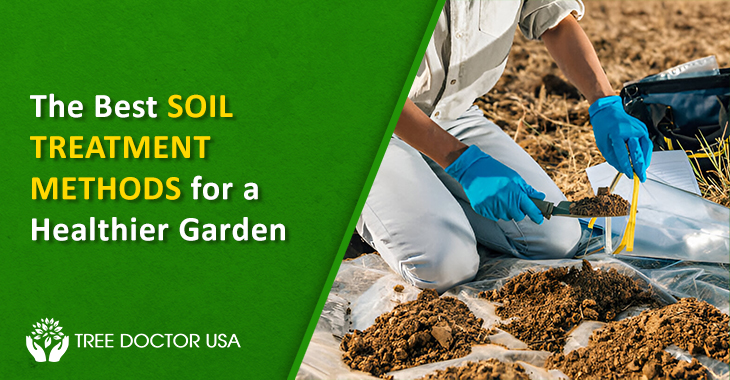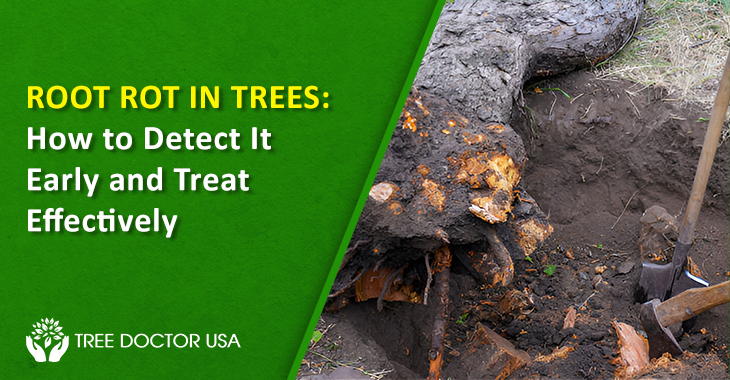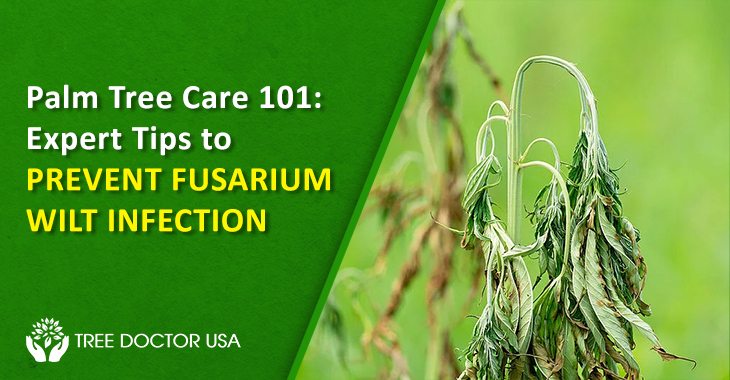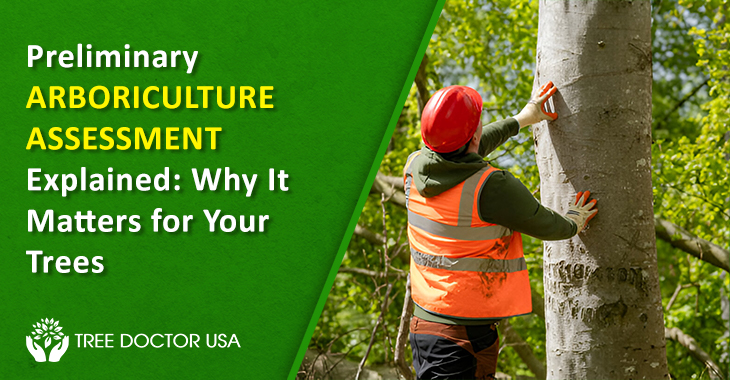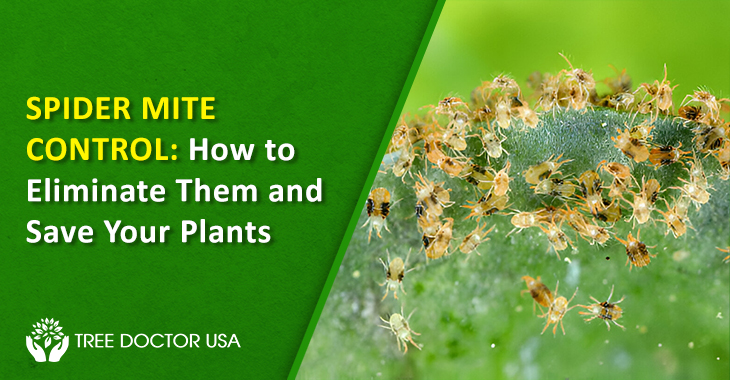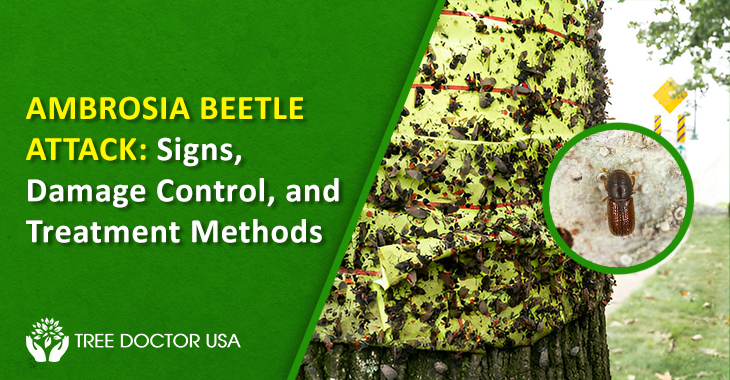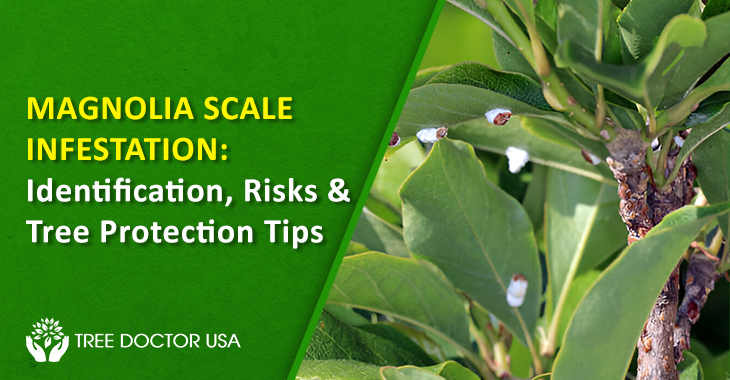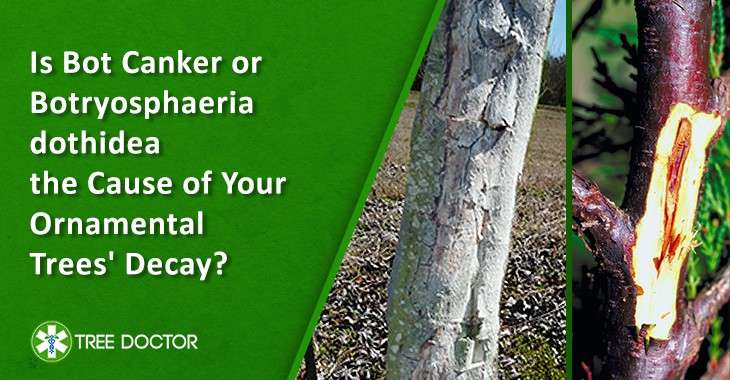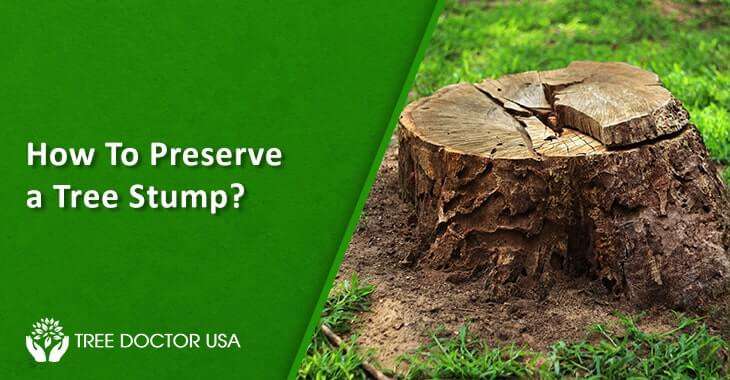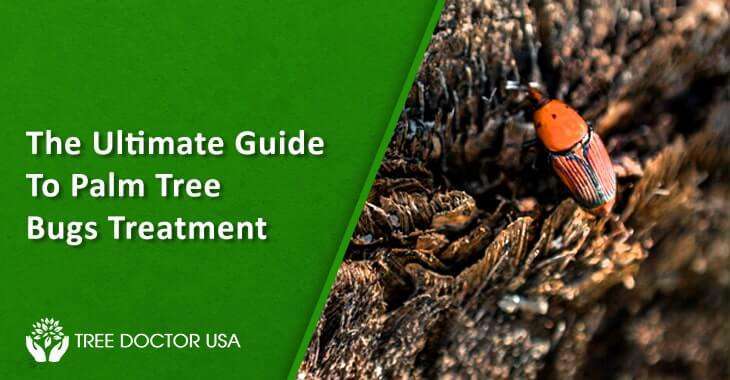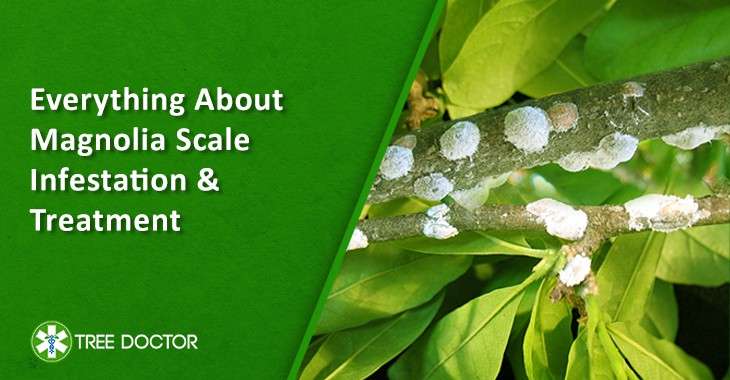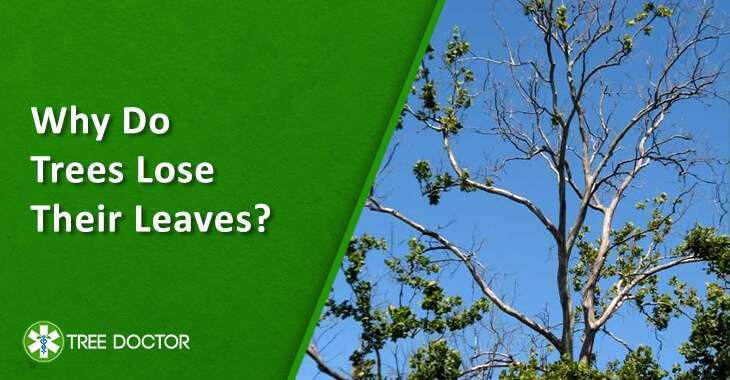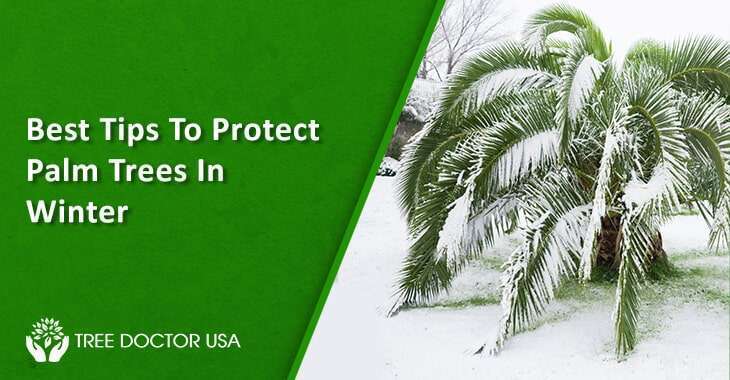The Best Soil Treatment Methods For A Healthier Garden
Are you a cannabis grower dealing with unattractive buds, stunted plants, and poor yields?
Are your gardens performing poorly, causing you to lose money?
Whether you’re a large-scale cannabis grower or a small-scale kitchen gardener, it’s time to check the quality of your soil. Poor soil can hurt your crops and lead to big losses.
Soil treatment is key. Good quality soil is essential for a thriving and productive garden. Improving soil can turn struggling plants into a healthy and abundant garden.
Healthy soil is crucial for growing strong, disease-resistant plants and producing abundant crops.
“If you treat your soil well, it will treat your plants well.” – USDA.
In this blog, we’ll explore 10 effective soil treatment methods to improve your garden’s soil quality.
So, let’s dig.
What are the Components of Good Soil Quality?
Over 40 percent of agricultural soil worldwide is considered degraded or seriously degraded. Good quality soil includes:
- Water
- Organic matter
- Air
- Mineral particles
- Microorganisms
Balancing these components is essential for a sustainable and healthy garden. Properly feeding your soil will nourish your garden and help grow healthy plants.
The Basics of Quality, Healthy Soil
Healthy garden soil is essential for healthy plants. Fertile soil feeds your plants, providing you with better yields. It should be well-drained and loose for proper air circulation and root growth.
To improve your soil quality:
- Minimize water loss and nutrient depletion.
- Prevent structural damage and contamination.
- Maintain good nutritional content and soil structure.
- Maximize the soil’s capacity to support life.
- Ensure the soil meets plant needs.
Quality soil is rich in minerals, organic matter and nutrients, making it healthy and productive.
The Significance of Organic Matter in Improving Soil Quality?
Organic matter includes carbon compounds from living things, such as plant debris, animal manure, grass clippings, and shredded leaves.
It nourishes plants and soil, supports beneficial soil organisms, and improves soil aeration and drainage.
Organic matter offers nutrients to plants and improves soil texture. It also helps soil manage pH levels and traps pollutants. Microorganisms in the soil break down this organic matter, turning it into nutrient-rich humus that plants need.
Adding organic matter to your soil makes it loose and well-aerated, which improves drainage. This allows plant roots to grow easily and helps the soil retain more moisture and nutrients.
10 Best Soil Treatment methods to improve the soil quality in your garden
Add Compost
Compost is decomposed organic matter, and it’s one of the best ways to improve your garden soil; it is crucial for soil treatment.
Adding compost will:
- Feed your soil and improve its structure.
- Help the soil retain nutrients and moisture.
- Promote proper drainage and sustainability by allowing water to reach plant roots.
- Improve soil pH, protecting your plants from common diseases.
- Feed beneficial microbes and earthworms, enhancing soil aeration and drainage through tunneling.
You can apply compost as a top dressing to gradually improve soil quality. The positive effects on your plants are almost immediate as the compost leaches into the soil. For best results, spread the compost evenly throughout your garden.
Perform a Soil Test
To enhance your soil, add compost and conduct periodic soil tests to check for nutrient deficiencies. You can easily perform these tests yourself using kits available online or at local stores or seek a more detailed analysis from your local extension office.
Soil tests provide information on pH levels, calcium, potassium, magnesium, phosphorus, sulfur, organic matter, and lead content. Based on the results, you’ll receive recommendations on adjusting nutrient levels and addressing deficiencies.
Understanding these deficiencies is vital for nourishing your soil properly with organic amendments like worm castings, alfalfa meal, or bone meal. Many people also use all-purpose fertilizers to meet their soil’s nutrient needs.
Mulch the Soil Surface
Mulch, like compost, boosts your garden soil and shields your plants from extreme temperatures. It also helps keep soil cool, holds moisture, and stops weeds from sprouting.
Plus, as it breaks down, mulch adds organic goodness to your soil, making it richer and more fertile.
You can make mulch from grass, leaves, legumes, and hay for your garden or farm.
Prevent Soil Compaction
Putting fertilizer or pesticides on the soil can squash it down, making it harder for plants to get water and food. This squeezed soil also stops plant roots from spreading out and getting what they need.
Also, the tiny creatures in the soil that help make food for plants don’t like it when the soil gets squished. Clay soil is especially easy to squash, so you must add organic stuff to keep it healthy.
Avoid using too much fertilizer or pesticides to keep the soil from getting squished. Another trick is to have separate paths in your garden where you can walk without squashing the soil.
Make sure these paths are away from where you grow stuff. Plan out your garden beds so you can reach everything without stepping on the soil. And make sure there’s space for wheelbarrows or mowers to get through.
Consider Crop Rotation
Crop rotation has many benefits. Rotate your crops annually to prevent nutrient depletion and break disease and pest cycles, keeping your garden healthy.
For example, potato pathogens can increase in one season. Growing the same crop the next year will let these organisms harm your plants. Crop rotation helps these pests die off naturally because their preferred crops are no longer available.
Follow the three-year rule: don’t plant the same vegetable family in the same spot for three years. This allows soil pathogens to die out.
Grow Cover Crops
Cover crops help improve soil quality and add nutrients by preventing erosion, stopping weeds, and reducing soil compaction. Plant these crops at the end of the gardening season and let them stay over winter.
After the season, use the leftover crops as green manure or mix them into the soil to boost its fertility. It’s best to plant crops like turnips, kale, radishes, or other broadleaf greens because they cover the soil well and can also be used as food for your family.
Add Aged Manure
Aged manure boosts soil fertility and garden health. Avoid fresh manure, as it can harm plants and contain pathogens. Let manure age for a few months before use.
Droppings from bats, horses, sheep, cows, goats, chickens, and rabbits are nutrient-rich and enhance soil structure.
Ensure animal manure is free from herbicides and pesticides by confirming with the farmer that the animals’ feed was untreated.
Try No-till Gardening
Did you know that your garden is a living ecosystem full of tiny organisms?
Yes, your garden is home to many organisms, including bacteria and fungi. When you till the soil, you disrupt and destroy these organisms and their habitats.
No-till gardening is a new method of soil treatment that lets beneficial organisms flourish and multiply, improving the soil structure.
For example, soil drainage and aeration improve significantly when there are more worms, ants, and beetles. These organisms thrive in no-till gardens because their habitats remain undisturbed.
Weed the Garden More Regularly
Weeding removes competition for nutrients, helping your plants thrive and stay healthy. However, be careful not to step into the garden while it is being executed.
Additionally, removing weeds keeps your garden looking organized and well-maintained. Weeds are unhealthy for the garden, as they deplete soil nutrients your plants need. Consider using the pulled weeds as mulch to preserve soil moisture, which is an essential step in soil treatment.
Supply what is missing
If you take good care of your garden soil, you’ll be rewarded with a bountiful and beautiful harvest.
One of the best ways to ensure your garden soil remains healthy is by conducting a soil test and adding any missing nutrients. Organic farming and natural soil cycles can minimize the need for fertilizers, as the soil retains most nutrients.
In soil treatments, use the soil test results to identify and address nutrient deficiencies. Effective nutrient management involves improved gardening techniques like mulching, crop rotation, cover crops, organic manures, and composting.
Consulting agricultural experts and adopting best gardening practices can help maintain sustainable soil quality year-round.
Understanding the Role of Microbes in Improving Soil Quality
One of the most effective yet often overlooked methods of soil treatment for enhancing soil quality is using specialized microbes called mycorrhizae.
These fungi form symbiotic relationships with plants, breaking down organic matter to provide nutrients in exchange for sugars. Adding a superior blend of mycorrhizae to your soil can significantly improve its quality and promote healthy plant growth by establishing robust root systems.
For successful gardening and abundant harvests, incorporate mycorrhizae to give your plants the essential boost they need.
Conclusion
As you’ve learned, soil treatment is important for better soil quality, which is crucial for your plants’ health. Ensure your garden soil has essential nutrients, proper aeration, and good drainage to make your gardening efforts worthwhile.
The secret to a beautiful garden is treating the soil like an ecosystem, providing it with everything it needs to thrive.
Tree Doctor USA has a team of experts who can make your garden look amazing while providing the best soil treatments. They can also turn tree stumps into cool artwork. Trust us to make your outdoor space and garden beautiful and impressive.

